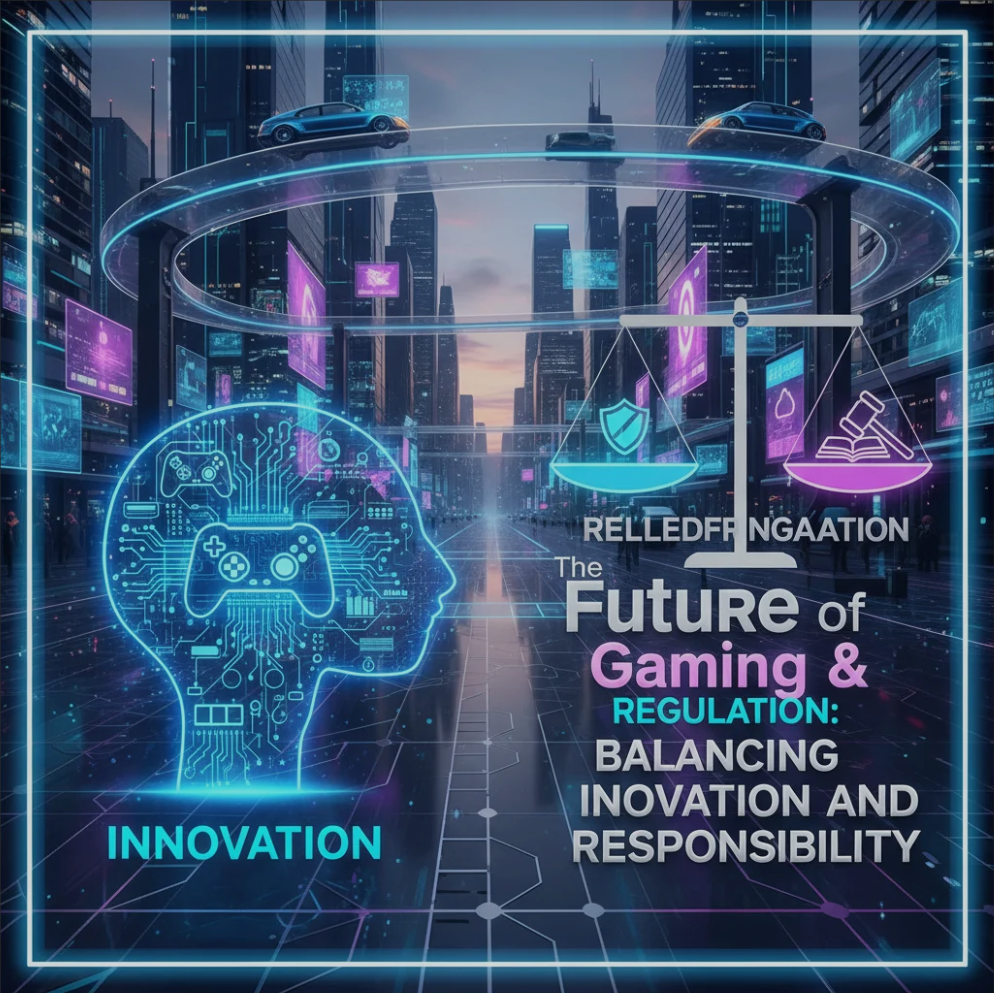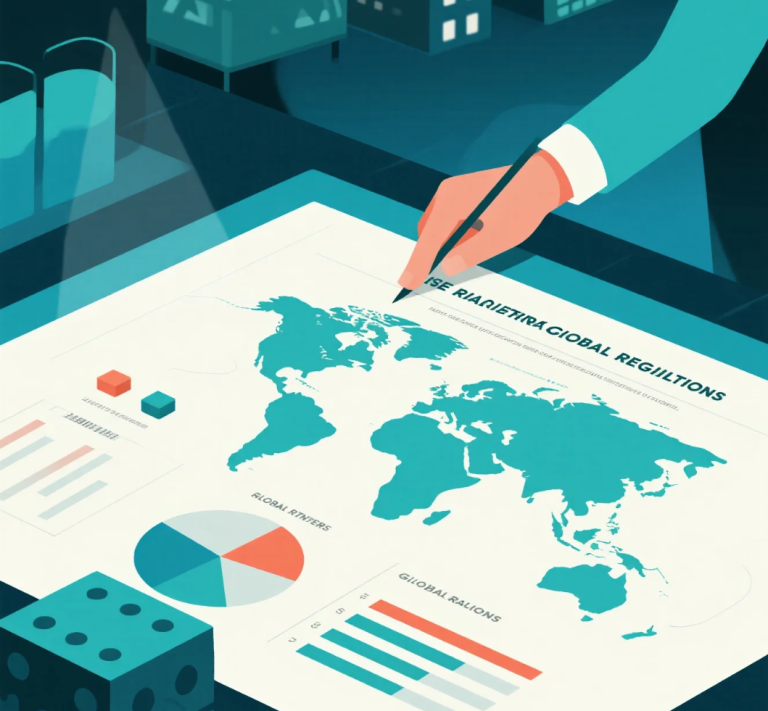
The global gaming industry is evolving faster than ever — merging entertainment, technology, and finance into a powerful digital ecosystem.
But as games become more immersive and monetized, regulation is racing to catch up.
From loot boxes and NFTs to esports betting and AI-driven gameplay, the future of gaming depends on striking the right balance between innovation and responsibility.
🎮 1. Gaming Evolves Beyond Play
Gaming is no longer just a hobby — it’s a culture, an economy, and in many cases, a career.
With the rise of blockchain gaming, virtual economies, and the metaverse, players are not just consumers but active participants in digital worlds.
The next generation of gaming will feature:
- Cross-platform integration
- AI-generated worlds and NPCs
- Play-to-earn ecosystems using tokens or digital assets
💡 What was once a pastime has become an ecosystem that mirrors real economies.
⚖️ 2. Why Regulation Is Becoming Essential
The explosive growth of digital gaming has brought along new ethical and legal challenges:
- Data privacy and user protection
- Gambling-like mechanics in games
- Underage exposure to microtransactions
Governments worldwide are beginning to implement policies to ensure fairness, transparency, and player protection.
In Europe and Asia, gaming commissions are actively developing standards similar to financial regulation — an approach that could soon become global.
🕹️ 3. Responsible Gaming in the Digital Age
As the lines blur between gaming and gambling, responsible gaming practices are more important than ever.
Developers are adopting tools such as:
- Time limits and spending alerts
- Age verification systems
- AI-driven player behavior tracking to identify risk patterns
These systems are not just regulatory requirements — they also build trust and long-term loyalty among users.
🌍 4. Global Regulation Trends to Watch
Different regions are shaping the future of gaming in unique ways:
- Europe: Strong focus on consumer rights and loot box regulation.
- Asia: Tight oversight of gaming time for minors, especially in China.
- North America: Push for transparency in monetization and AI usage.
- Africa & Middle East: Rapid growth markets focusing on local licensing frameworks.
The result is a patchwork of gaming laws — pushing companies toward more unified, ethical practices across borders.
🤖 5. AI, Blockchain, and the New Frontier
Emerging technologies are reshaping how regulation works.
AI can monitor game economies, detect fraud, and even enforce compliance automatically.
Meanwhile, blockchain provides transparent transaction records that regulators can audit in real time.
✅ Smart regulation doesn’t slow innovation — it empowers it.
💬 6. Collaboration Between Industry and Regulators
The most successful models of regulation involve partnership, not punishment.
Gaming companies that engage early with regulators often shape friendlier policies that encourage both safety and creativity.
We’re entering an era where innovation and ethics must evolve hand-in-hand.
The companies that understand this balance will lead the next generation of gaming.
🚀 Conclusion: A Smarter, Fairer Gaming Future
The future of gaming isn’t just about better graphics or faster servers — it’s about responsible innovation.
Developers, players, and regulators share one mission: to ensure that digital play remains fun, fair, and future-ready.
As the industry matures, intelligent regulation will become the foundation of a truly sustainable gaming ecosystem.



